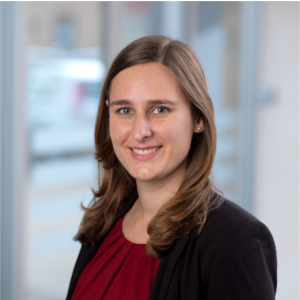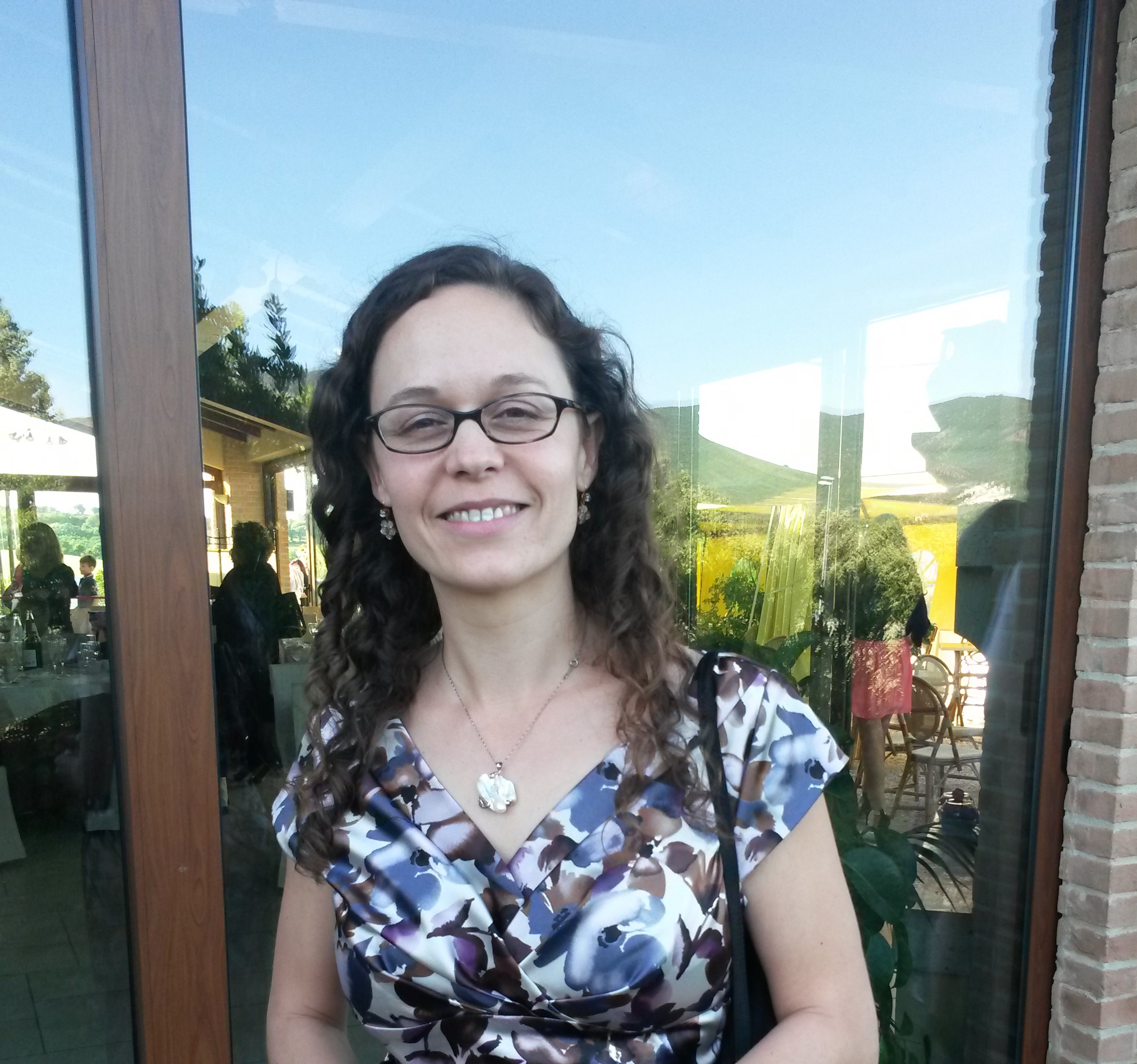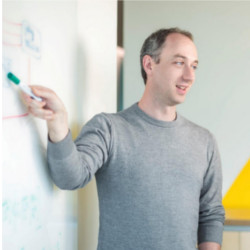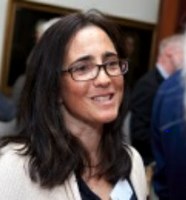PhD Bionanotechnology, Imperial College London (2015)
| Licensing and Ventures Manager | |
|---|---|
| Oxford University Innovation | |
Job highlight: Working with world-leading researchers to help them realise the potential and impact of their work through spinout companies or licensing worldwide.
What’s your background?
I started off my academic career at the University of St Andrews in Scotland, studying Physics. I was the only woman studying for a “pure” Physics degree in my year group and there were only three other women who were studying Astrophysics. It was a tough degree and even though I loved Physics (and still do), I decided when I finished that I didn’t want to do pure science anymore.
After about 9 months out of academia, I applied to the Institute of Chemical Biology at Imperial College, which is a Doctoral Training Centre (DTC) where students complete a Masters of Research degree, and then go on to do a three-year PhD. My PhD was at the interface between chemistry, biology and physics. I worked mostly on solid-state nanopores, which are widely used for sequencing DNA but can also be used to look at interactions between proteins, DNA, and much more. I loved the interdisciplinary nature of my PhD and I learnt so much about biology, which I had not studied since Standard Grade Level at age 15.
Why move away from academia?
I had a great time during my PhD and really enjoyed the field I worked in. However, I started to realise that I wasn’t going to achieve the impact that I had, rather naively, expected with my project and I needed something that had more interaction with people. The lab was just not the place for me.
What is the work like?
There is no standard day at OUI. The work varies wildly and that makes it more enjoyable!
I started at OUI as an Assistant Licensing and Ventures Manager, which was a training role to learn all about technology transfer when I had no significant prior business experience. Over a year and a half I learnt how to negotiate effectively, what IP, patents, and copyright are, how to evaluate an invention or idea to determine if there is a potential commercial market for it, and to determine if something similar exists elsewhere that restricts its commercial potential. I have learnt how to create a spinout company, write a business plan and to pitch for investment. In this role I worked alongside my colleagues, supporting their work and learning so much from them.
I am now a Licensing and Ventures Manger, which means I have my own projects with researchers and help them to realise impact from their ideas, regardless of the form the idea takes. Although I am in the Digital Health team, and also focus on medical devices, I have worked on spinouts from Archaeology and the Humanities Division, and help to run our crowdfunding platform, so it really is a very varied job!
In my role, I am always learning something new, which is great fun! The communication skills that I developed during my PhD come in really handy; I use them every day to help me to form good relationships with researchers and external customers.
What is the company culture?
OUI is a great place to work. Everyone is very friendly, open to helping each other through a problem, answering questions and sharing knowledge on best practice or a particular market. My colleagues in the Licensing and Ventures team have mostly come to OUI with some commercial background, so I always learn new things from them, and when I have trained interns, I have had the chance to pass on my knowledge too.
We are encouraged not to work too late, often being told to go home on a Friday evening if we stay past 6pm. The importance that the company places on the staff having quality time with their family, and not taking work home with them, really means that OUI is an enjoyable place to work. Everyone arrives at work to get things done, and the collaborative environment means that we try to deliver the highest quality results for each project.
Which transferable skills from your PhD are most important for your current role?
Since I carried out my PhD at a DTC, I was fortunate to receive a lot of transferable skills training. We went on a three-day residential course to learn about presenting skills, how to deal with job interviews, and participated in team-building activities. We also did a course about learning how to write in different situations, whether it be for a news article or a press release. These courses were so valuable for the job I do now, but are likely to be important for any other job too. Being able to effectively communicate an idea to a researcher, technical staff at a company, a CEO, an investor, or a member of the general public is a key part of my job, and I learnt a lot of that through the DTC.





